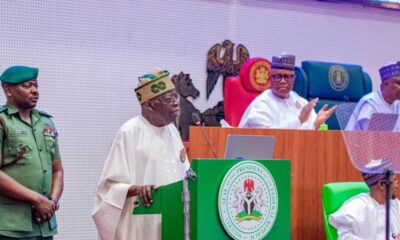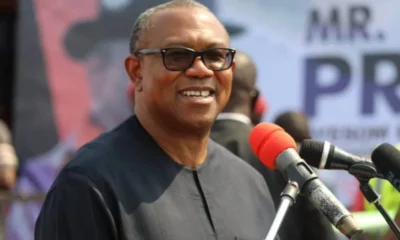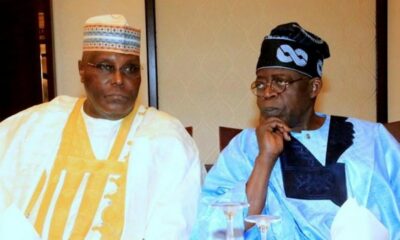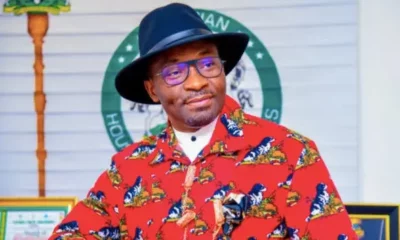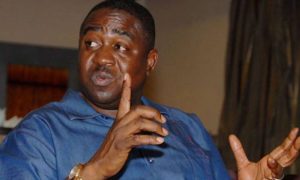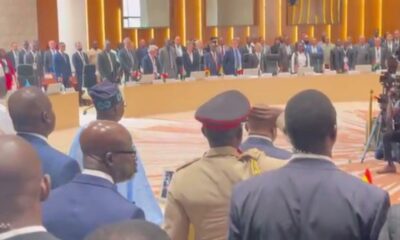Politics
BREAKING: Supreme Court delays verdict in Peter Obi’s appeal against Tinubu
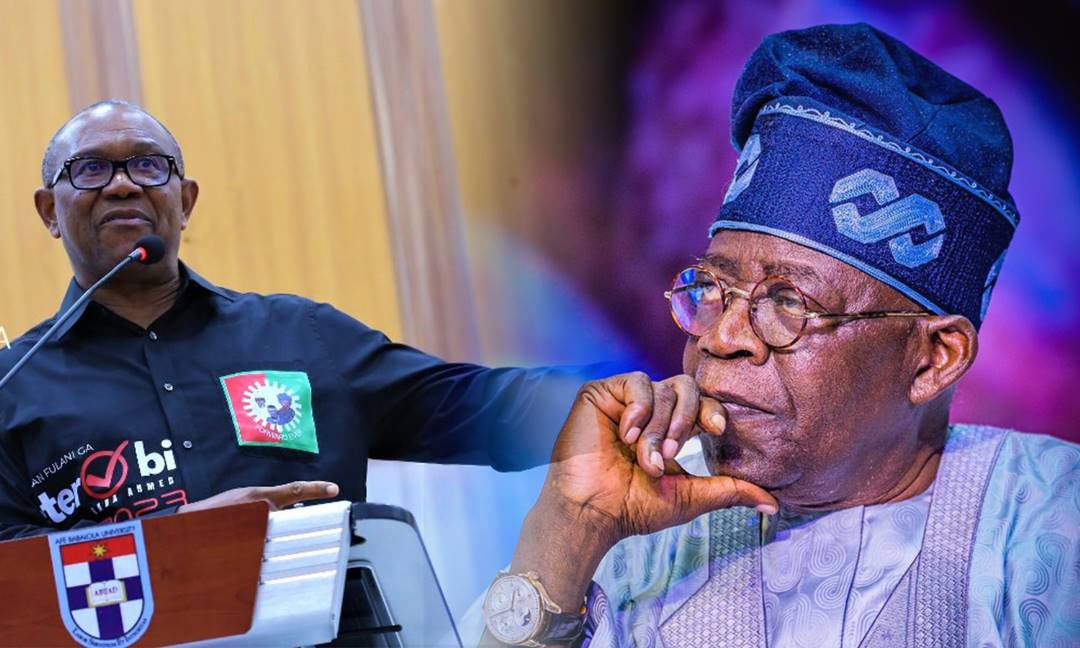
The Supreme Court has opted to defer its judgment in the appeal brought forth by Peter Obi, the presidential candidate of the Labour Party, challenging the tribunal’s decision that upheld President Bola Tinubu’s election. The seven-member panel, presided over by John Inyang Okoro, listened to arguments from all parties involved in the case and stated that the date of the judgment will be communicated to them.
The panel members, including Uwani Aji, Mohammed Garba, Ibrahim Saulawa, Adamu Jauro, Abubakar Tijjani, and Emmanuel Agim, participated in the proceedings.
Livy Uzoukwu, the lead counsel for Peter Obi, urged the court to consider the appeal during his presentation. On the other hand, INEC’s representative, Mahmoud, argued that the appeal lacked merit and should be dismissed. Wole Olanipekun, Tinubu’s lawyer, and Akin Olujinmi, the APC’s legal representative, also encouraged the court to reject Obi’s appeal.
Justice Okoro, heading the panel, concluded, “This appeal is reserved for judgment until a date to be communicated to the parties.”
In a separate development, Atiku Abubakar, a member of the Peoples Democratic Party, has called upon the Supreme Court to admit fresh documents regarding President Bola Tinubu. His lead counsel, Chris Uche, SAN, emphasized the significance of the matter as a constitutional one and urged the court to consider their application.
Uche argued, “The issue regarding Mr. Tinubu’s certificate is of grave constitutional importance, which the Supreme Court should acknowledge. I implore the court to accept the new evidence pertaining to President Tinubu’s academic records from CSU, as presented by Atiku.”
However, INEC’s representative, Abubakar Mahmoud, urged the Supreme Court to reject Atiku’s request to present Tinubu’s academic records. Tinubu’s lead counsel, Wole Olanipekun, SAN, contended that INEC should have been involved in the deposition proceedings in the United States, highlighting that the CSU depositions remain inactive until the deponent appears in court and testifies.


